Discover the Women of the Hall
These are the Inductees of the National Women’s Hall of Fame. Select any of the women to discover their stories and learn how they have influenced other women and this country.
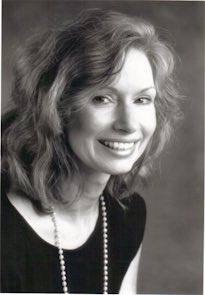 Gloria Yerkovich
Humanities
1942
Unknown
1993
Gloria Yerkovich
Humanities
1942
Unknown
1993

Gloria Yerkovich
Founder of CHILDFIND, a nationwide organization which helps locate missing children. Yerkovich developed the program after her own daughter was abducted. Her concept was the prototype for the National Center for Missing and Exploited Children.
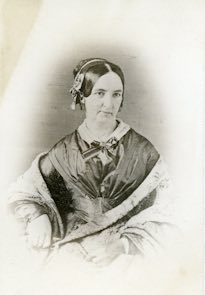 Martha Coffin Pelham Wright
Humanities
1806
Massachusetts
2007
Martha Coffin Pelham Wright
Humanities
1806
Massachusetts
2007

Martha Coffin Pelham Wright
Martha Coffin Pelham Wright was one of five visionary women who organized the first women’s rights convention in Seneca Falls, New York in 1848, forever changing the course of American history. She was also one of the few women who attended the 1833 founding meeting of the American Anti-Slavery Society. An accomplished author, she wrote for local and national publications on anti-slavery and women’s rights issues. She was elected President of the National Woman Suffrage Association in 1874, serving until her death in 1875.
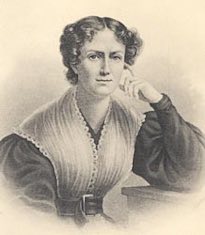 Fanny Wright
Humanities
1795
Scotland
1994
Fanny Wright
Humanities
1795
Scotland
1994

Fanny Wright
First American woman to speak out against slavery and for the equality of women. An inspiration to Stanton, Anthony and other women’s equality advocates, Wright wrote and spoke out publicly for equal rights for all at a time when women were not accepted in such roles.
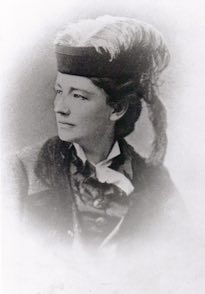 Victoria Woodhull
Humanities
1838
Ohio
2001
Victoria Woodhull
Humanities
1838
Ohio
2001

Victoria Woodhull
A 19th century reformer, Victoria Woodhull established a reputation as a radical freethinking reformer. She was a suffragist, author, political activist, and the first woman to run for President of the United States (1872).
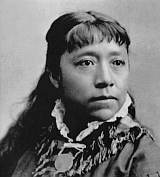 Sarah Winnemucca
Humanities
c.1844
Nevada
1994
Sarah Winnemucca
Humanities
c.1844
Nevada
1994

Sarah Winnemucca
Paiute leader who dedicated her life to returning land stolen by the government back to the tribes, especially the land of her own Paiute Tribe.
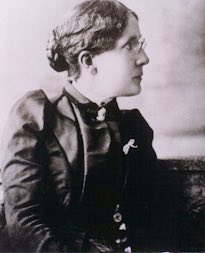 Frances E. Willard
Humanities
1839
New York
2000
Frances E. Willard
Humanities
1839
New York
2000

Frances E. Willard
As second president of the Women’s Christian Temperance Union (WCTU), she led the largest organization of women in the United States. The WCTU provided a base for the 20th century women’s rights movement, supporting, in addition to women’s suffrage, broad social reforms such as equal pay for equal work, the eight hour day, and the protection of women and children in the workplace.
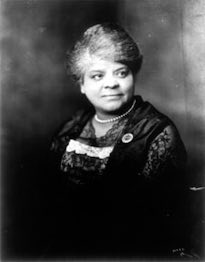 Ida B. Wells-Barnett
Arts, Humanities
1862
Mississippi
1988
Ida B. Wells-Barnett
Arts, Humanities
1862
Mississippi
1988

Ida B. Wells-Barnett
African American leader, anti-lynching crusader, journalist, lecturer and community organizer who fought social injustice all her life. Wells-Barnett sued a railroad over segregated seating, criticized segregated education and became editor and part owner of a newspaper. The horrors of lynching inspired her to lead a major effort to abolish the atrocity.
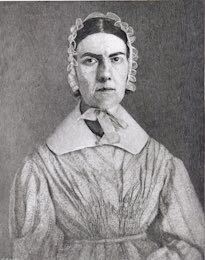 Angelina Grimké Weld
Humanities
1805
South Carolina
1998
Angelina Grimké Weld
Humanities
1805
South Carolina
1998

Angelina Grimké Weld
Along with Sarah Grimké, wrote numerous published papers which championed abolition and women’s rights. The Grimké sisters were southerners who became the first female speakers for the American Anti-Slavery Society. Sarah’s Letters on the Equality of the Sexes exposed the plight of factory women in New England, as well as arguing on behalf of women’s rights and abolition. Through their examples and their words, the Grimkés proved that women could affect the course of political events and have a far-reaching influence on society.
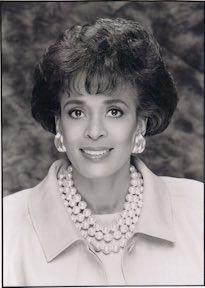 Faye Wattleton
Humanities
1943
Missouri
1993
Faye Wattleton
Humanities
1943
Missouri
1993

Faye Wattleton
Nurse who was the first woman since founder Margaret Sanger, and first African American to become president of the Planned Parenthood Foundation. Wattleton developed Planned Parenthood into an influential nationwide organization.
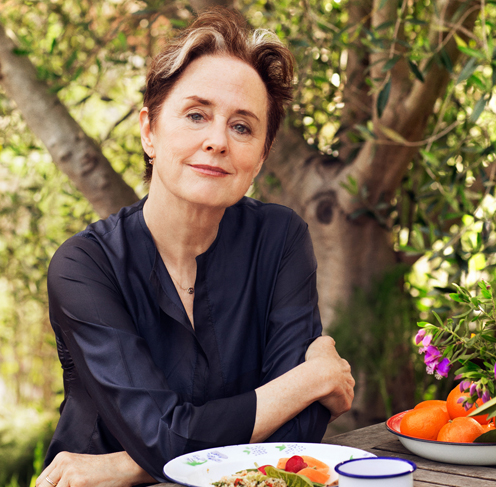 Alice Waters
Business, Education, Humanities, Philanthropy
1944
New Jersey
2017
Alice Waters
Business, Education, Humanities, Philanthropy
1944
New Jersey
2017

Alice Waters
A chef, author and food activist, and the founder and owner of Chez Panisse Restaurant in Berkeley, California. She has been a champion of local sustainable agriculture for over four decades, and is credited with popularizing the organic food movement.
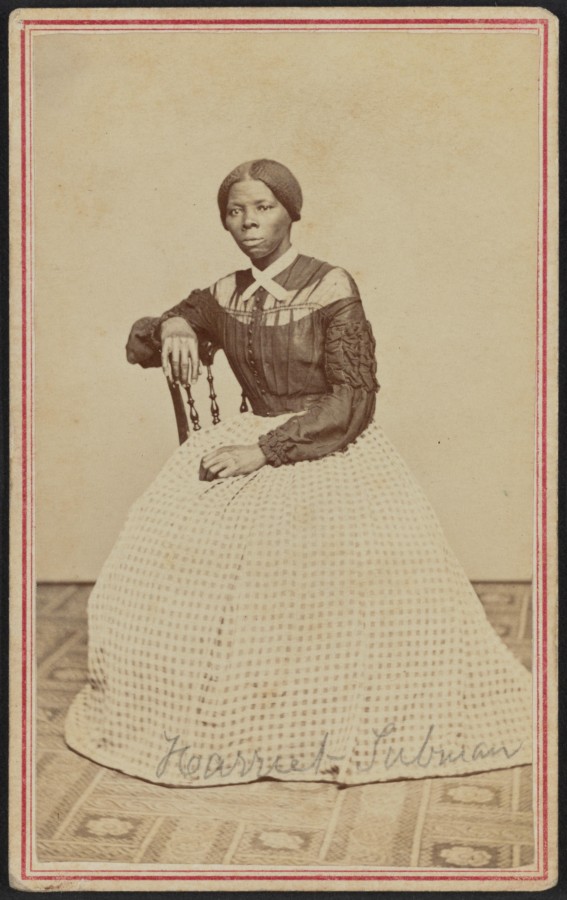 Harriet Tubman
Humanities
c.1820
Maryland
1973
Harriet Tubman
Humanities
c.1820
Maryland
1973

Harriet Tubman
Abolitionist born a slave in Maryland. Fleeing north to freedom, Tubman joined the Underground Railroad as a “conductor” who led people through the lines to freedom. Credited with saving more that 300 people from slavery, she became known as “Moses.” During the Civil War, Tubman organized former slaves into scouts and spy patrols, and after the war worked to help needy African Americans.
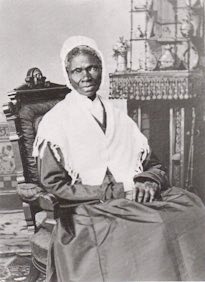 Sojourner Truth
Humanities
c.1797
New York
1981
Sojourner Truth
Humanities
c.1797
New York
1981

Sojourner Truth
Abolitionist born a slave who became a Quaker missionary. Truth eventually became a traveling preacher of great influence who worked in the antislavery movement. She learned about women’s rights, and adopted that cause as well. She went on to counsel and help newly freed African Americans.
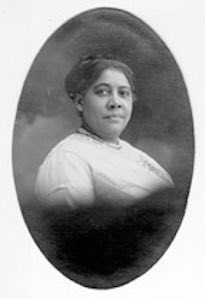 Mary Burnett Talbert
Humanities
1866
Ohio
2005
Mary Burnett Talbert
Humanities
1866
Ohio
2005

Mary Burnett Talbert
Civil Rights activist and suffragist, Talbert was the first African-American high school principal in the state of Arkansas. Moving to Buffalo in 1891, she went on to lecture internationally on race relations and women’s rights. In 1905, she helped found and organize the Niagara Movement, a forerunner of the NAACP.
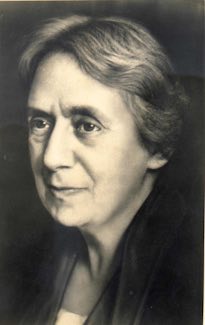 Henrietta Szold
Humanities
1860
Maryland
2007
Henrietta Szold
Humanities
1860
Maryland
2007

Henrietta Szold
The daughter of Hungarian immigrants, educator and social pioneer Henrietta Szold was an important figure in both American and Jewish history. In 1889, she opened a night school to educate immigrants in English and civics, creating a model for other night schools and immigrant education programs. Her groundbreaking work in the American Jewish community continued with her founding of Hadassah, the Women’s Zionist Organization of America, in 1912. Ms. Szold moved to pre-state Israel in 1920, continuing her work with the American Zionist Medical Unit, which she organized in 1918.
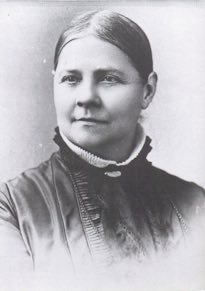 Lucy Stone
Humanities
1818
Massachusetts
1986
Lucy Stone
Humanities
1818
Massachusetts
1986

Lucy Stone
Early suffrage leader who began as an anti-slavery public advocate, followed by a lifetime of work for women’s right to vote. Stone was a sophisticated political tactician and founded The Women’s Journal, a fascinating archive of women’s history published from 1870 to 1893.
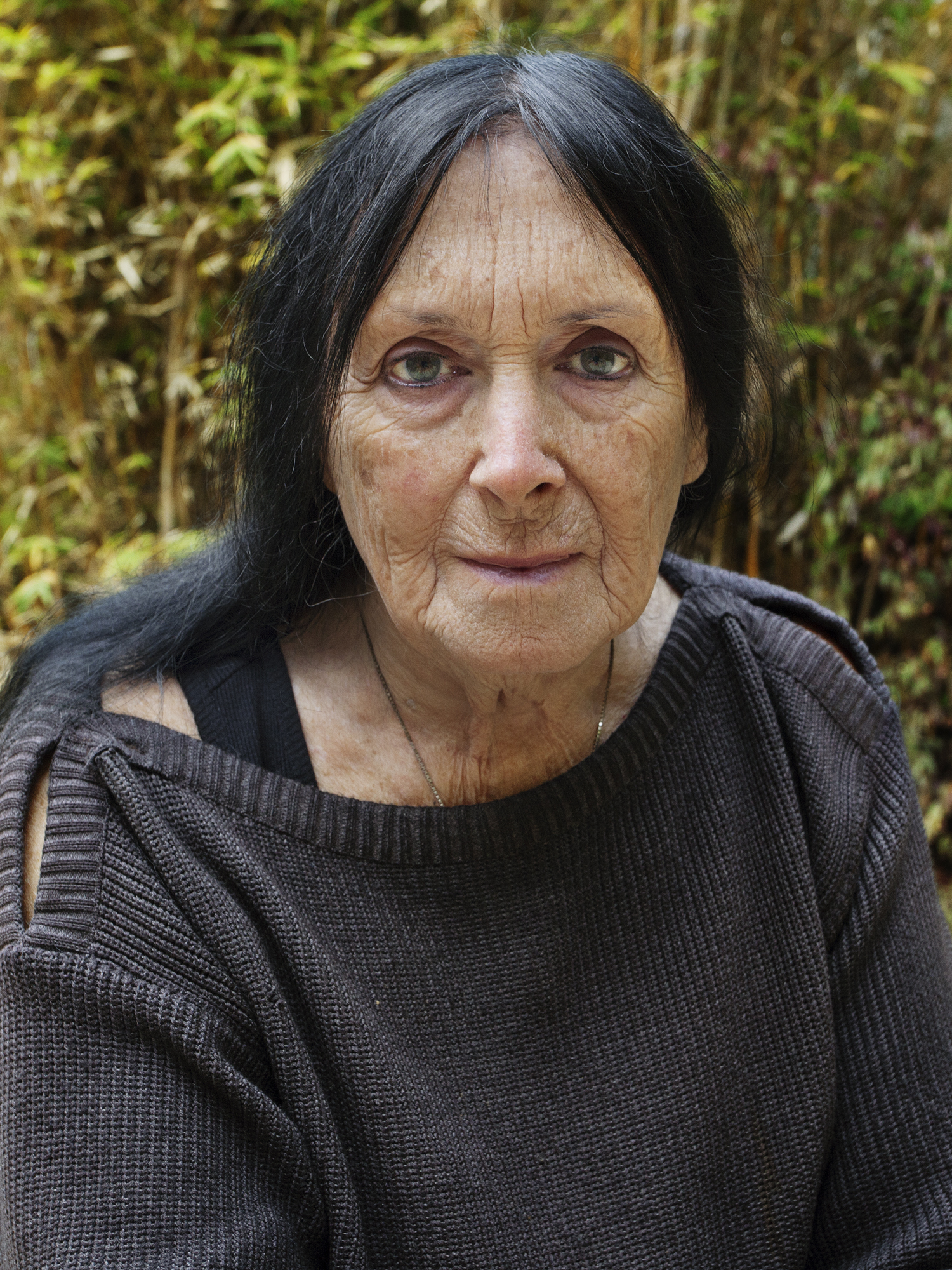 Allucquére Rosanne Stone
Arts, Education, Humanities
1936
New Jersey
2024
Allucquére Rosanne Stone
Arts, Education, Humanities
1936
New Jersey
2024

Allucquére Rosanne Stone
Allucquére Rosanne Stone, also known as Sandy Stone, is an academic, media theorist, artist, audio engineer, and computer programmer. A founder of the academic discipline of transgender studies, Stone’s trailblazing work created space for trans scholars to unfold the vast spectrum of gender.
 Gloria Steinem
Humanities
1934
Ohio
1993
Gloria Steinem
Humanities
1934
Ohio
1993

Gloria Steinem
Feminist leader, writer and social activist. A founder of Ms. Magazine, Steinem also co-convened the National Women’s Political Caucus and helped create the Ms. Foundation for Women. A best-selling author, her latest works are Revolution from Within: A Book of Self Esteem for Women and Moving Beyond Words.
 Elizabeth Cady Stanton
Humanities
1815
New York
1973
Elizabeth Cady Stanton
Humanities
1815
New York
1973

Elizabeth Cady Stanton
Suffragist and reformer. Stanton noticed from her earliest years that women were not treated equally with men. In 1848, she and others convened the first Women’s Rights Convention in Seneca Falls, New York, bringing 300 individuals together, including Frederick Douglass. Stanton determined that the right to vote was the key to women’s equality. Throughout her life and partnership with Susan B. Anthony, she wrote and argued brilliantly for women’s equality through the right to vote.
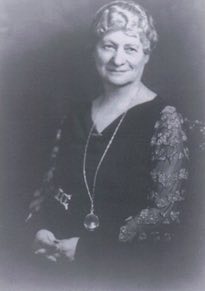 Hannah Greenebaum Solomon
Humanities
1858
Illinois
1995
Hannah Greenebaum Solomon
Humanities
1858
Illinois
1995

Hannah Greenebaum Solomon
Club woman and welfare worker on matters relating to child welfare, she organized a nationwide Jewish Women’s Congress as part of the 1890’s World’s Fair. It later became the National Council of Jewish Women, to which she was elected its first president.
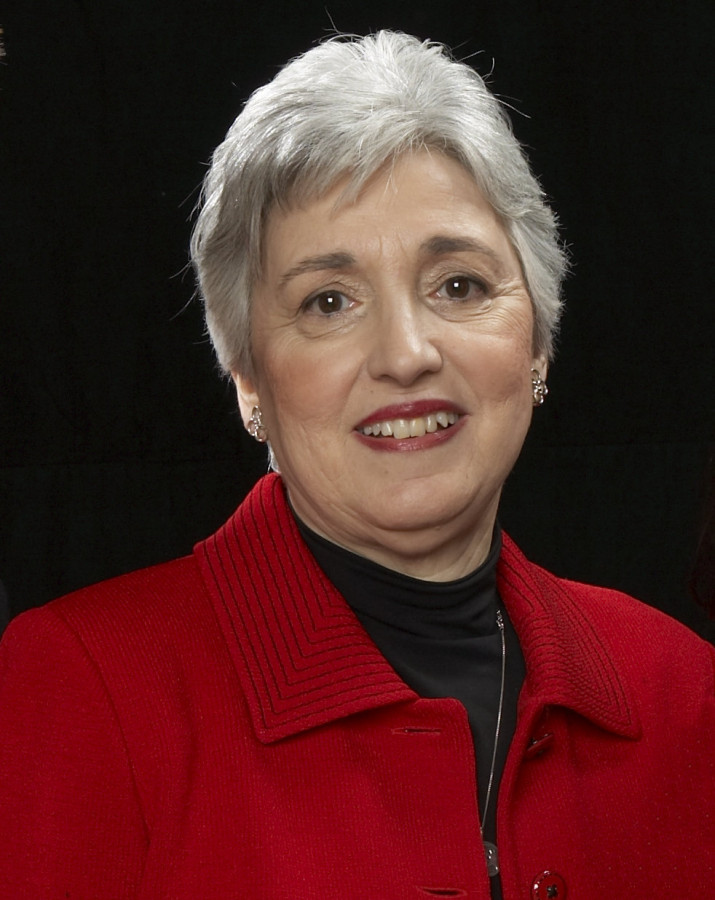 Eleanor Smeal
Humanities
1939
Ohio
2015
Eleanor Smeal
Humanities
1939
Ohio
2015

Eleanor Smeal
Her life and work has been dedicated to the achievement of women’s equality and human rights. She has been at the forefront of nearly every significant women’s rights victory. Responsible for coining the phrase “gender gap” referring to the difference in the way women and men vote and popularizing its usage in election and polling analyses to enhance women’s voting clout.
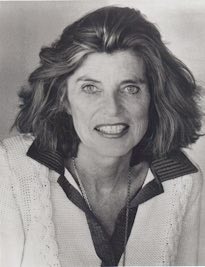 Eunice Kennedy Shriver
Humanities
1921
Massachusetts
1998
Eunice Kennedy Shriver
Humanities
1921
Massachusetts
1998

Eunice Kennedy Shriver
For more than thirty years, Eunice Kennedy Shriver served as a leader in the worldwide struggle to enhance the lives of people with intellectual disabilities. Under her leadership, the Joseph P. Kennedy, Jr. Foundation aided in the creation of The President’s Committee on Mental Retardation (1961) and the development of the National Institute for Child Health and Human Development (1962). Shriver is credited as the founder of the Special Olympics, an organization that today serves 3 million people with intellectual disabilities in nearly 200 nations around the world.
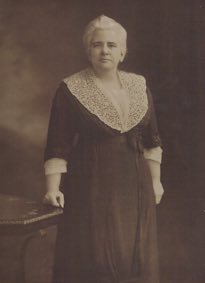 Anna Howard Shaw
Humanities
1847
England
2000
Anna Howard Shaw
Humanities
1847
England
2000

Anna Howard Shaw
A leader in the women’s suffrage movement, Shaw was a master orator for social justice, and the first woman to be ordained by the Protestant Methodist Church. She was the first living American woman to be awarded the U.S. Distinguished Service Medal.
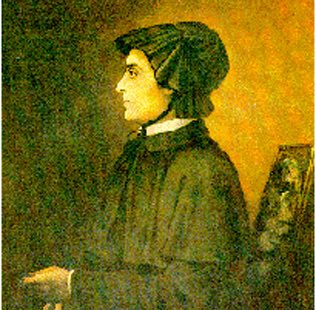 Elizabeth Bayley Seton
Humanities
1774
1979
Elizabeth Bayley Seton
Humanities
1774
1979

Elizabeth Bayley Seton
The first native-born American woman to be canonized a saint by the Roman Catholic Church. After raising a family, “Mother Seton” became a Sister of Charity and worked as an educator and leader of the order. She was known for her extraordinary virtue and kindness, and incidents of miraculous healing are attributed to her.
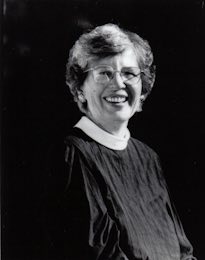 Betty Bone Schiess
Humanities
1923
Ohio
1994
Betty Bone Schiess
Humanities
1923
Ohio
1994

Betty Bone Schiess
Religious leader. Schiess led the successful effort in 1974 to have women ordained as priests in the Episcopal Church in America, elevating the position of women in the Episcopal Church at all levels.
